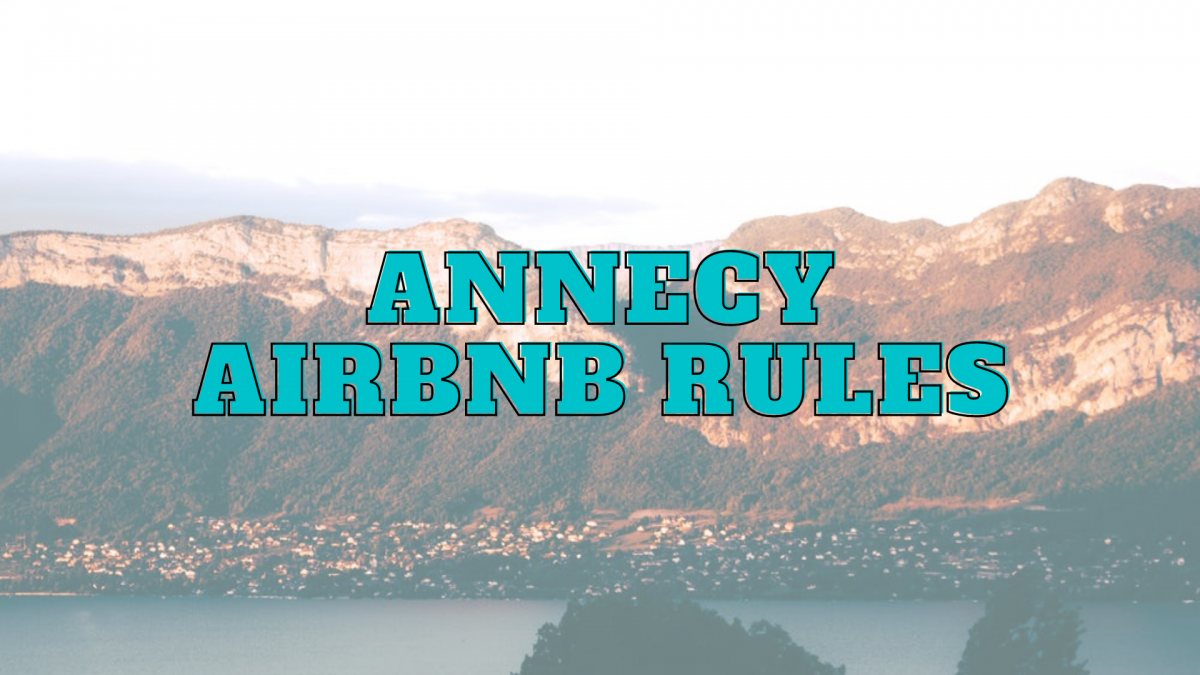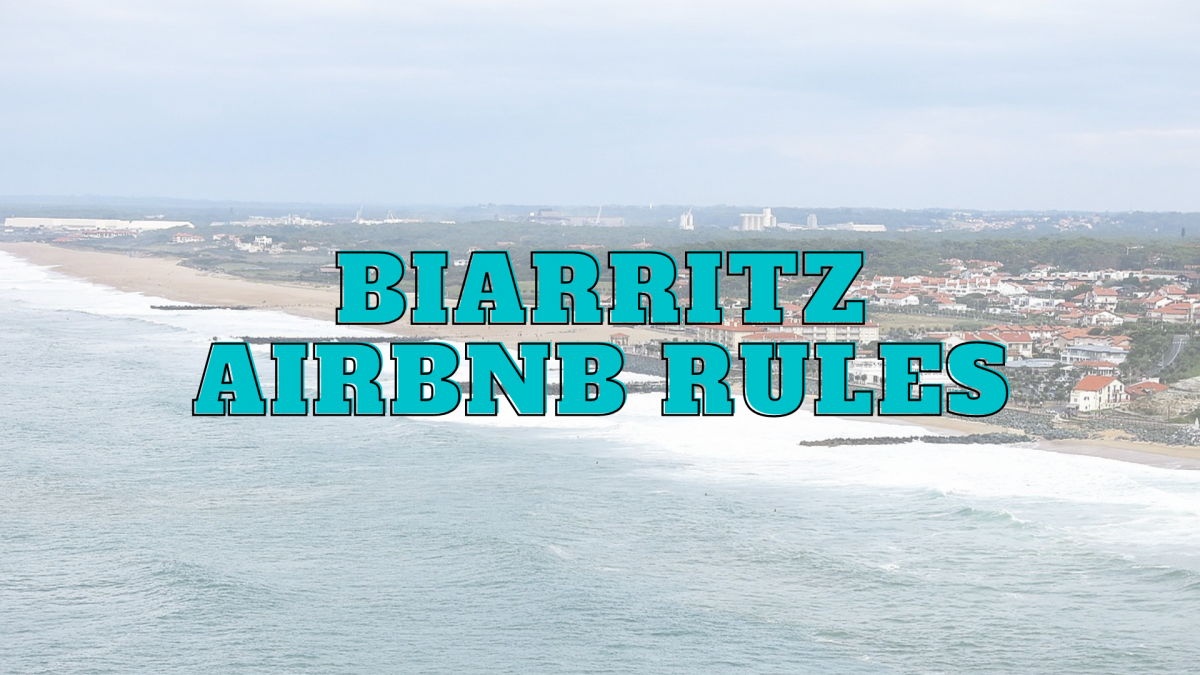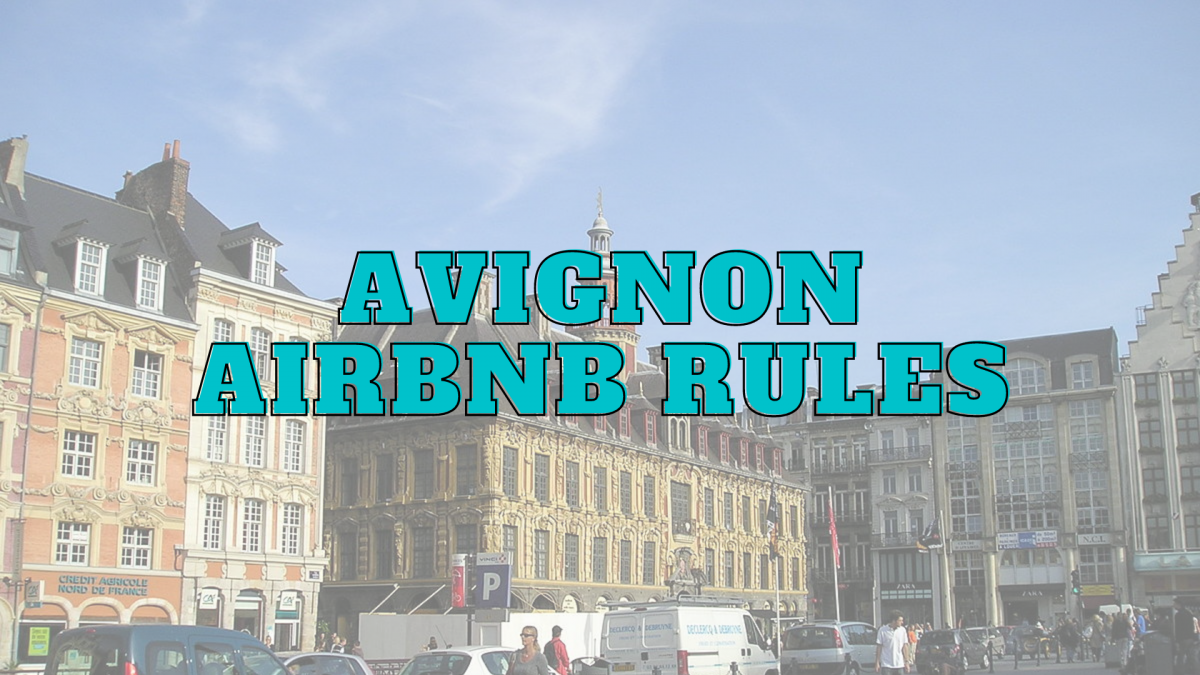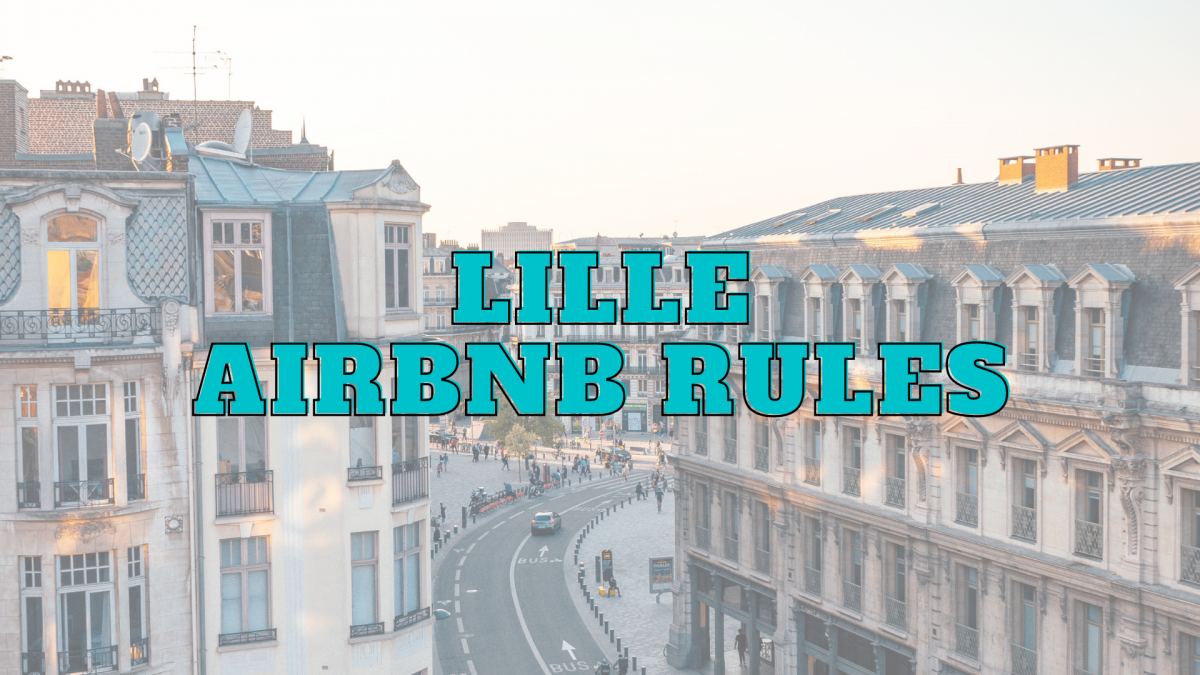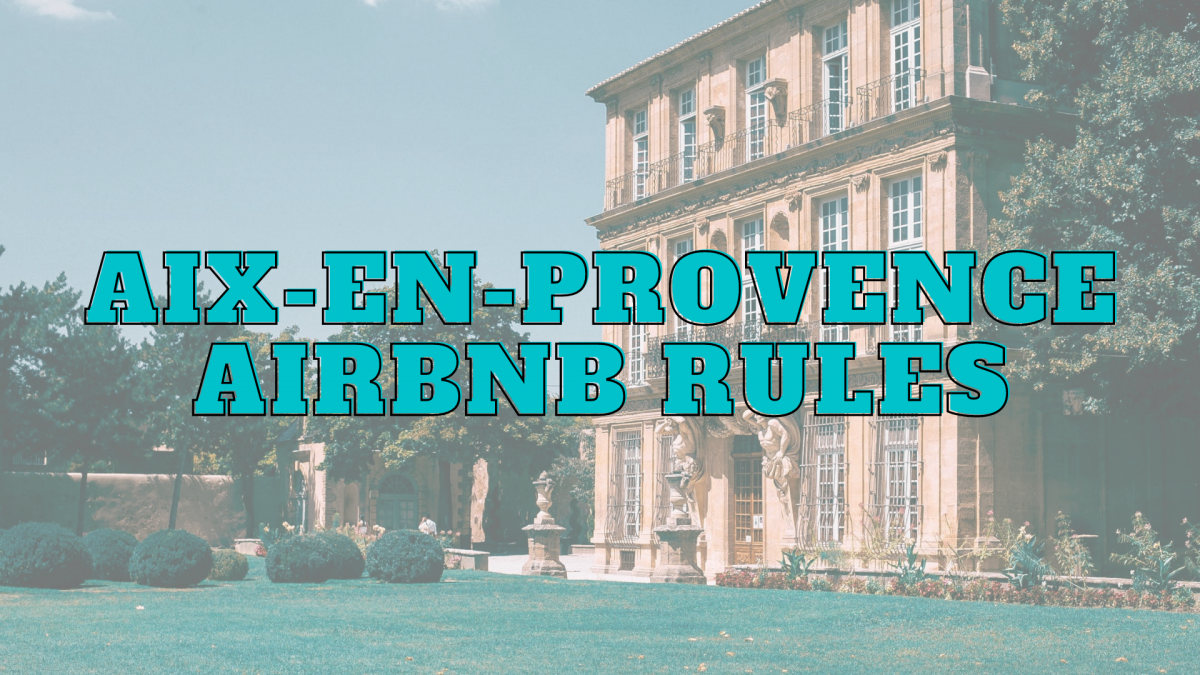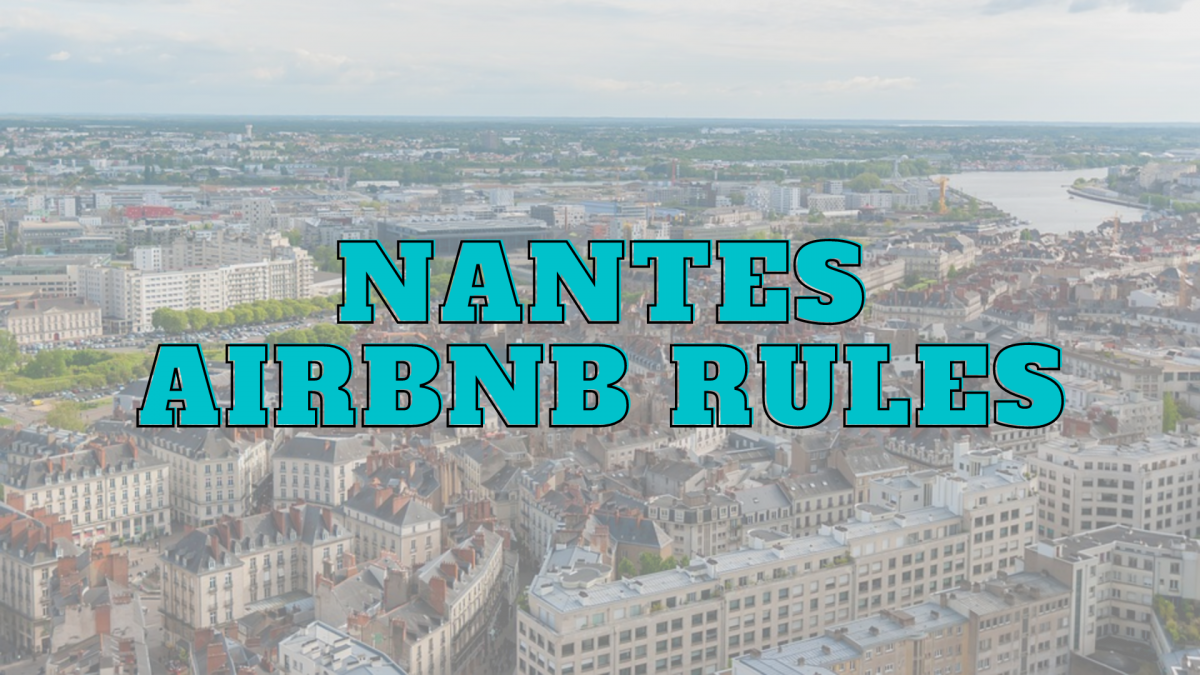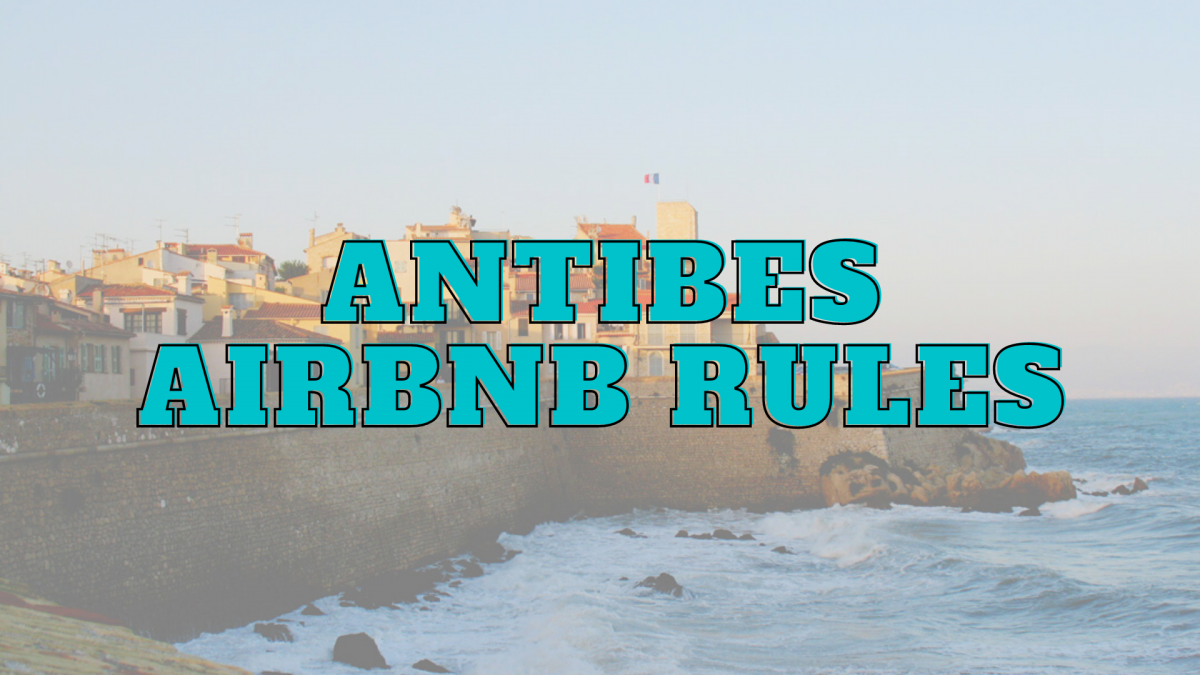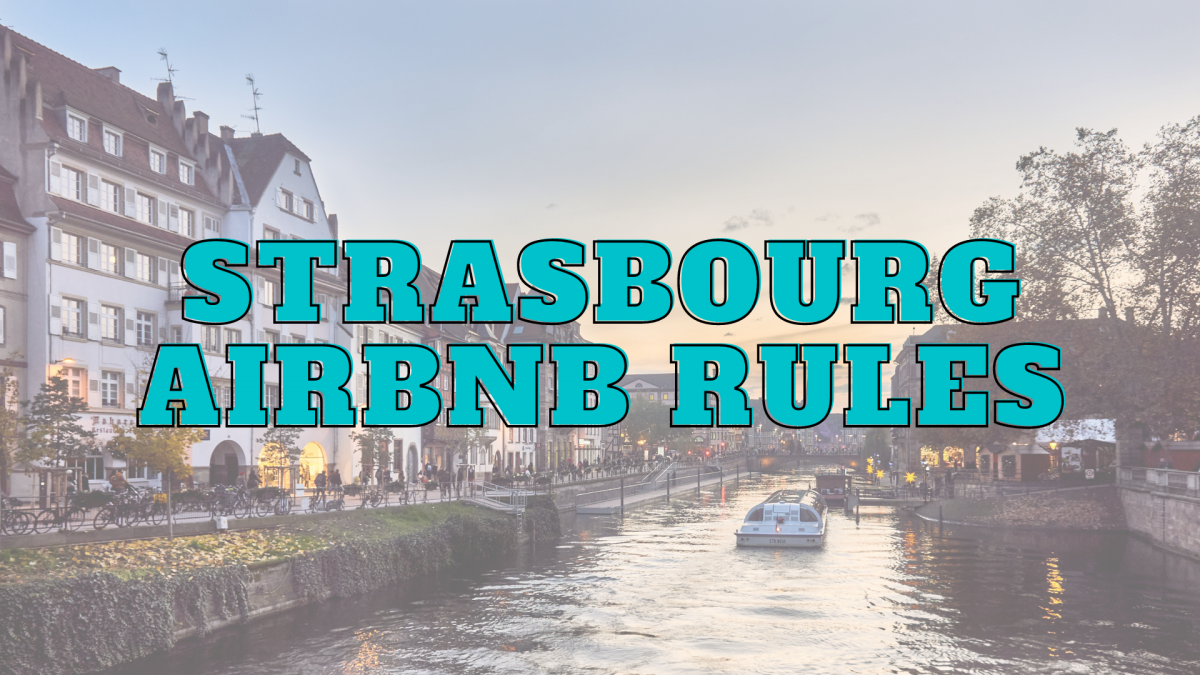Table of Contents Add a header to begin generating the table of contents Is Airbnb legal in Annecy ? Don’t worry, Airbnb is legal in Annecy! This charming city is located in the Rhone-Alpes region of southeast France. Strolling through the pedestrian streets of the old part of the city is a visual pleasure as […]
Annecy Airbnb Rules
